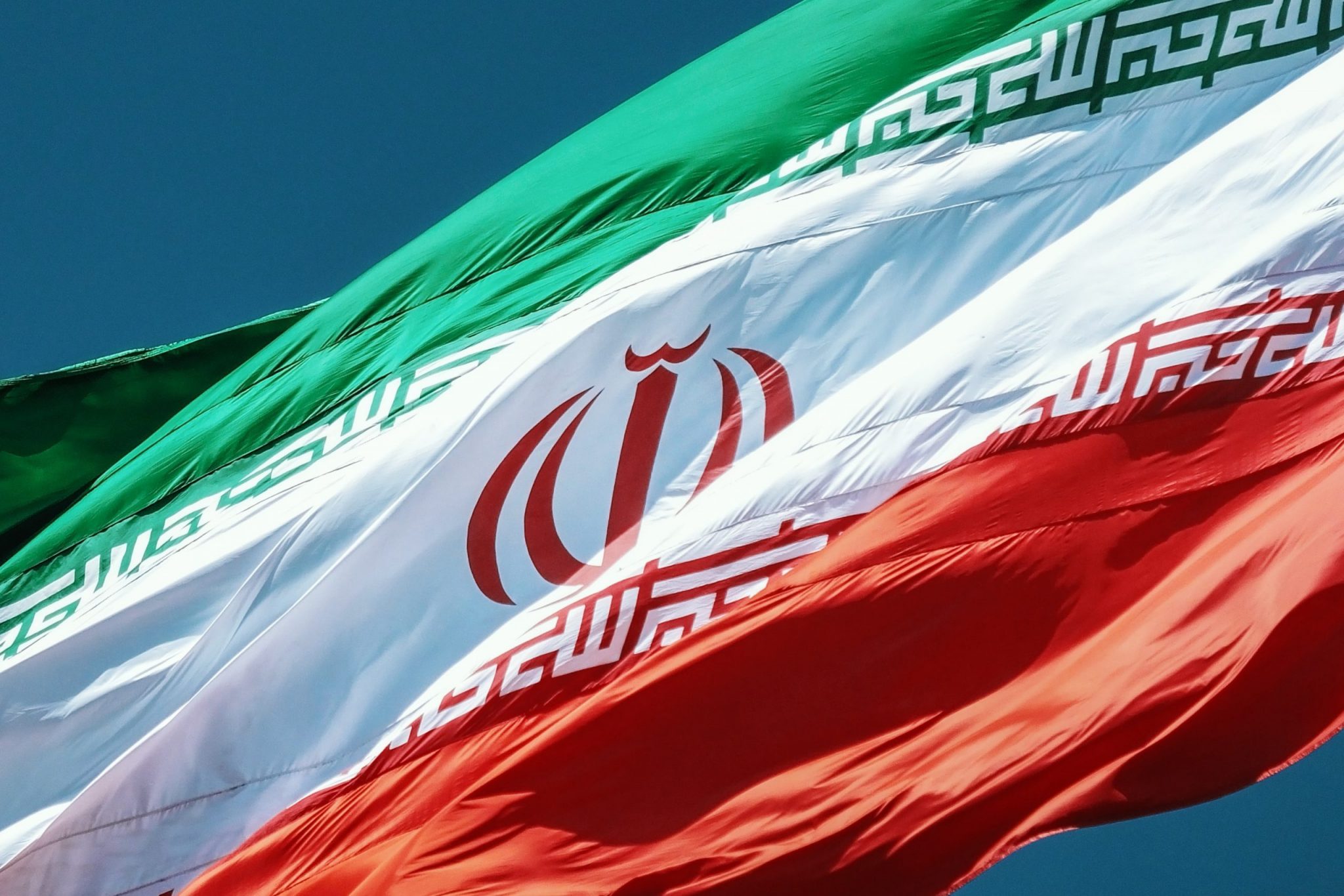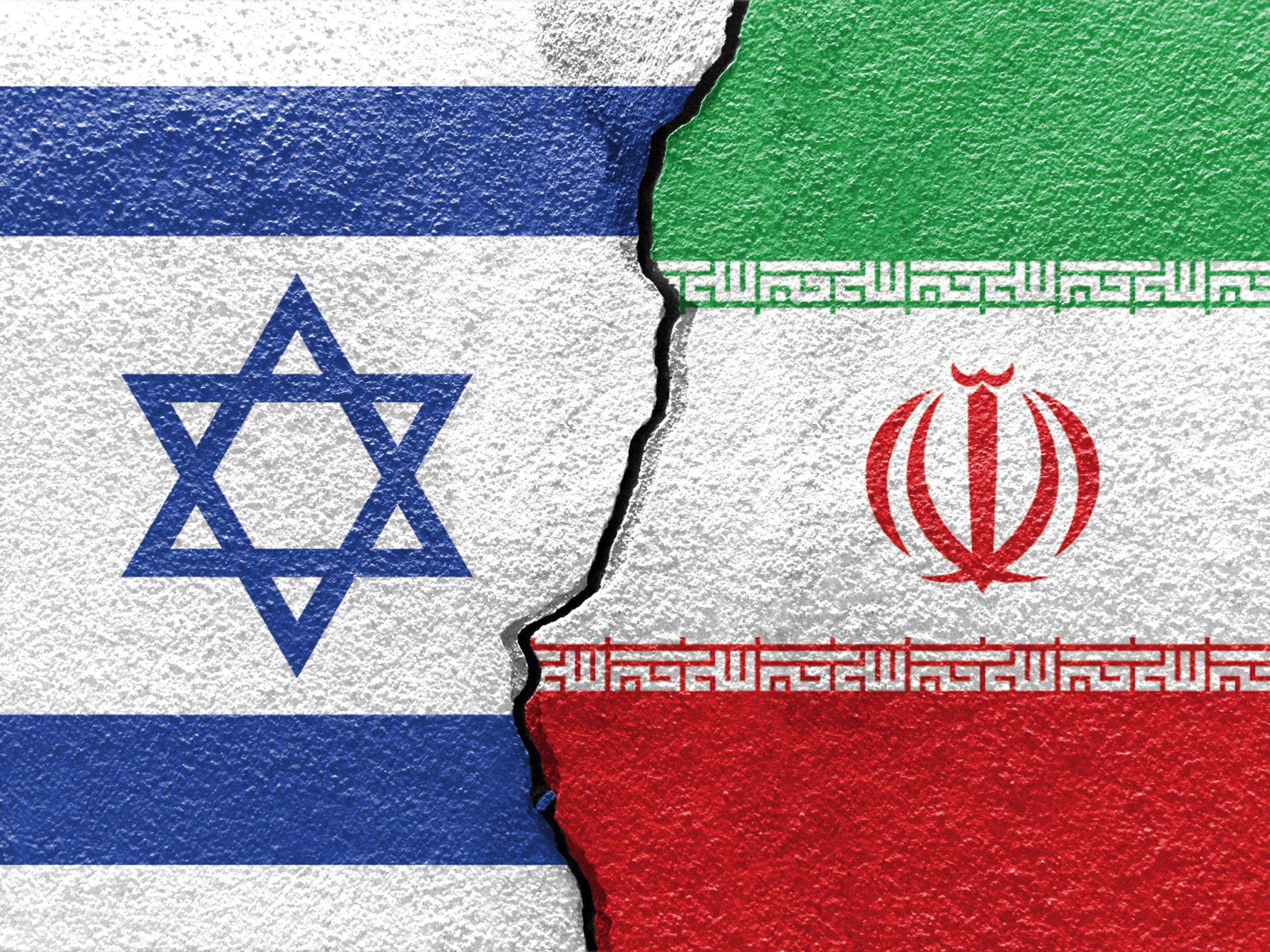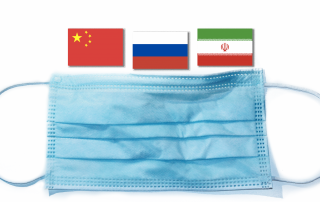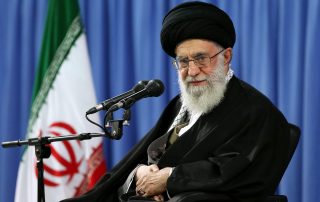Though its capabilities remain more limited than those of Russia or China, Iran is becoming a significant authoritarian actor challenging democracy in the United States and Europe. Through information manipulation, malign finance, and cyberattacks, Tehran seeks to weaken the United States and like-minded democracies to undermine their efforts at democratization beyond their borders. Find ASD’s work on Iran on this page.
Hamilton Toplines: March 22-28, 2021
Russian state media last week hammered the United States over its response to the migrant crisis at the southern border, suggesting that the Biden administration is intentionally downplaying and concealing the poor conditions. State media amplified [...]
Hamilton Toplines: March 15-21, 2021
Following the publication of the U.S. intelligence community’s assessment of foreign interference in the 2020 election, Russian state media last week highlighted predictable backlash and denials from Russian government figures, with a small amount o [...]
Hamilton Toplines: March 8-14, 2021
Prior to President Biden’s address to the nation last Thursday, Russian state media covered speculation and reported concerns about Biden’s lack of press conferences, at times questioning his physical and/or mental health. They also highlighted an i [...]
Hamilton Toplines: March 1-7, 2021
Last week, a prominent theme in Russian messaging around coronavirus vaccines targeted the prospect of Sputnik V’s approval in the EU, with the vaccine’s Twitter account calling for the EU’s European Medicines Agency to review and approve it (the ap [...]
Influence-enza: How Russia, China, and Iran Have Shaped and Manipulated Coronavirus Vaccine Narratives
Introduction When Vladimir Putin announced last August that Russia had granted regulatory approval for Sputnik V, the world’s first coronavirus vaccine, it signaled—albeit perhaps prematurely—not only a potential turning point in the fight to end th [...]
Hamilton Toplines: February 22-28, 2021
Last week, Russian state media seized on a story involving “leaked” U.K. Foreign Office documents that allegedly revealed the “UK government's covert operations aimed at tarnishing Russia's image.” The outlets used the story to accuse both the U.K. [...]
Hamilton Toplines: February 8-14, 2021
Last week, Russian state media and diplomats highlighted various instances of alleged censorship by social media companies—a recurring theme in Russia’s external messaging. State media cited Twitter’s ban of Project Veritas as an example of politica [...]
Hamilton Toplines: February 1-7, 2021
In last week’s coronavirus vaccine developments, U.K. medical journal The Lancet published the results of a peer-reviewed study that placed Russia’s Sputnik V vaccine’s efficacy at a level comparable to that of leading Western vaccines. Russian stat [...]
Iran’s Supreme Tweeter
Was Ayatollah Khamenei behind a now-banned Twitter account that threatened to assassinate former President Trump? Recently, Twitter permanently suspended an account—@Khamenei_site–following a tweet that was widely interpreted as a thinly veiled thr [...]
Hamilton Toplines: January 23-31, 2021
The Russian embassy in Mexico’s Twitter account received uncharacteristically high engagement last week after a January 25 phone call between Russian President Vladimir Putin and Mexican President Andrés Manuel López Obrador, during which they discu [...]
Hamilton Toplines: January 16-22, 2021
While the weekend’s protests against the detention of Russian opposition figure Alexey Navalny upon his return to Russia fell outside of the week monitored, his arrest was accompanied by official statements characterizing Navalny as a criminal, crit [...]
Censorship and the Capitol Riot: How Big Tech Became the Target of Russian, Chinese, and Iranian Messaging
Overview Since the riot at the U.S. capitol on January 6, there has been a clear element of schadenfreude in Iranian, Russian, and Chinese state media coverage of political and social disunion in the United States. That adversarial state media outle [...]







